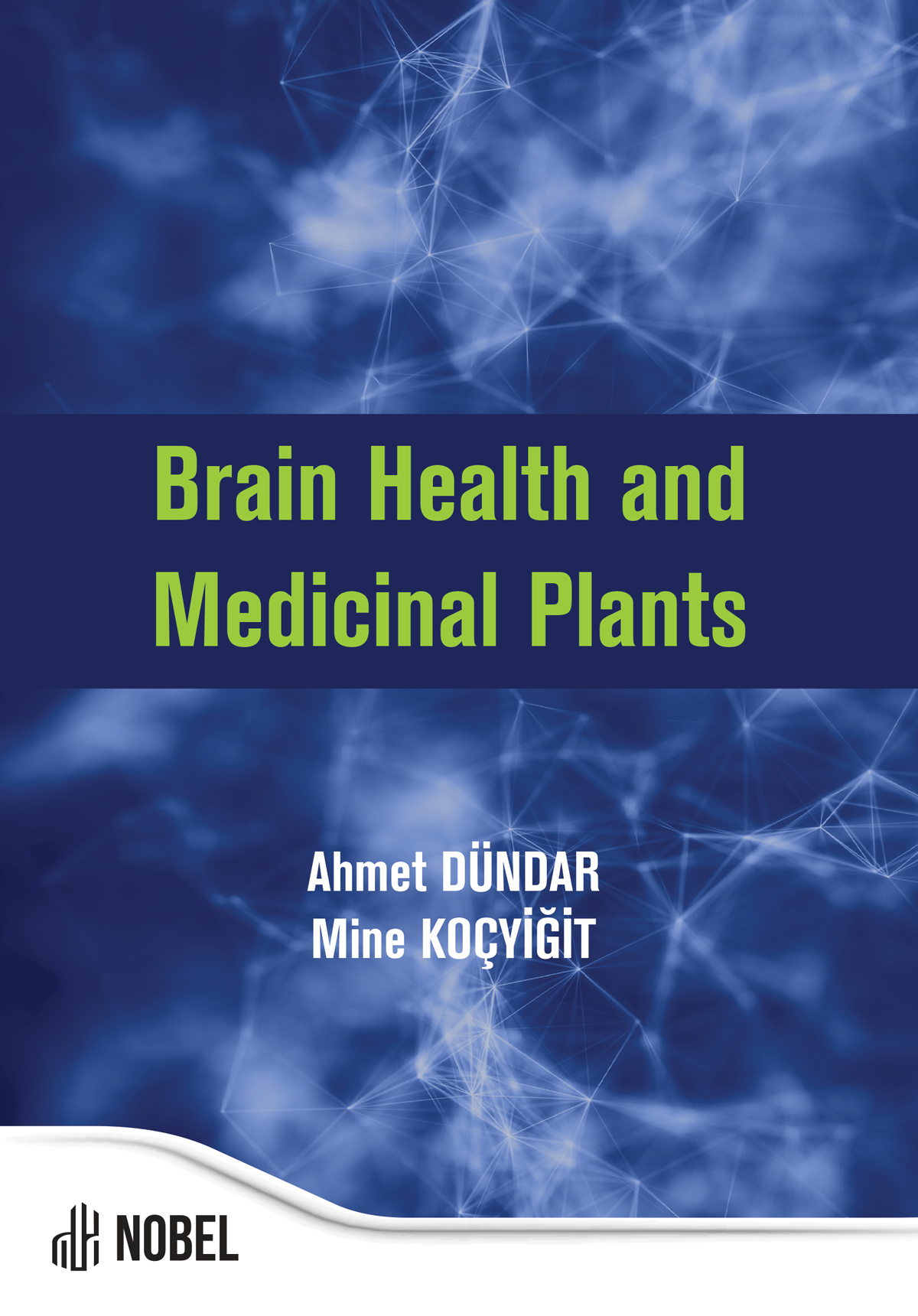Ethnobotanical Studies on Brain Health
No contributors found.
Release Date: 2024-05-31
Ethnobotanical studies are the branch of science that studies the medicinal applications traditionally used by plants. In conditions where it is difficult to access professional healthcare, people try to treat many diseases with the plants around them. This process has been going on from generation to generation for centuries. It has been recorded through ethnobotanical [...]

